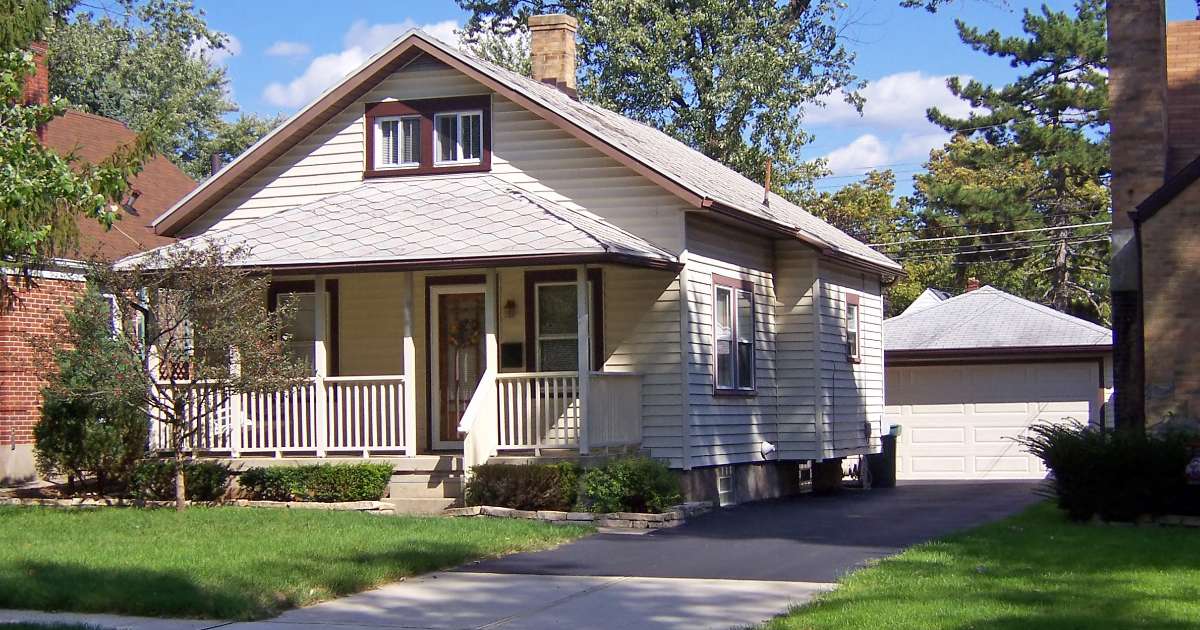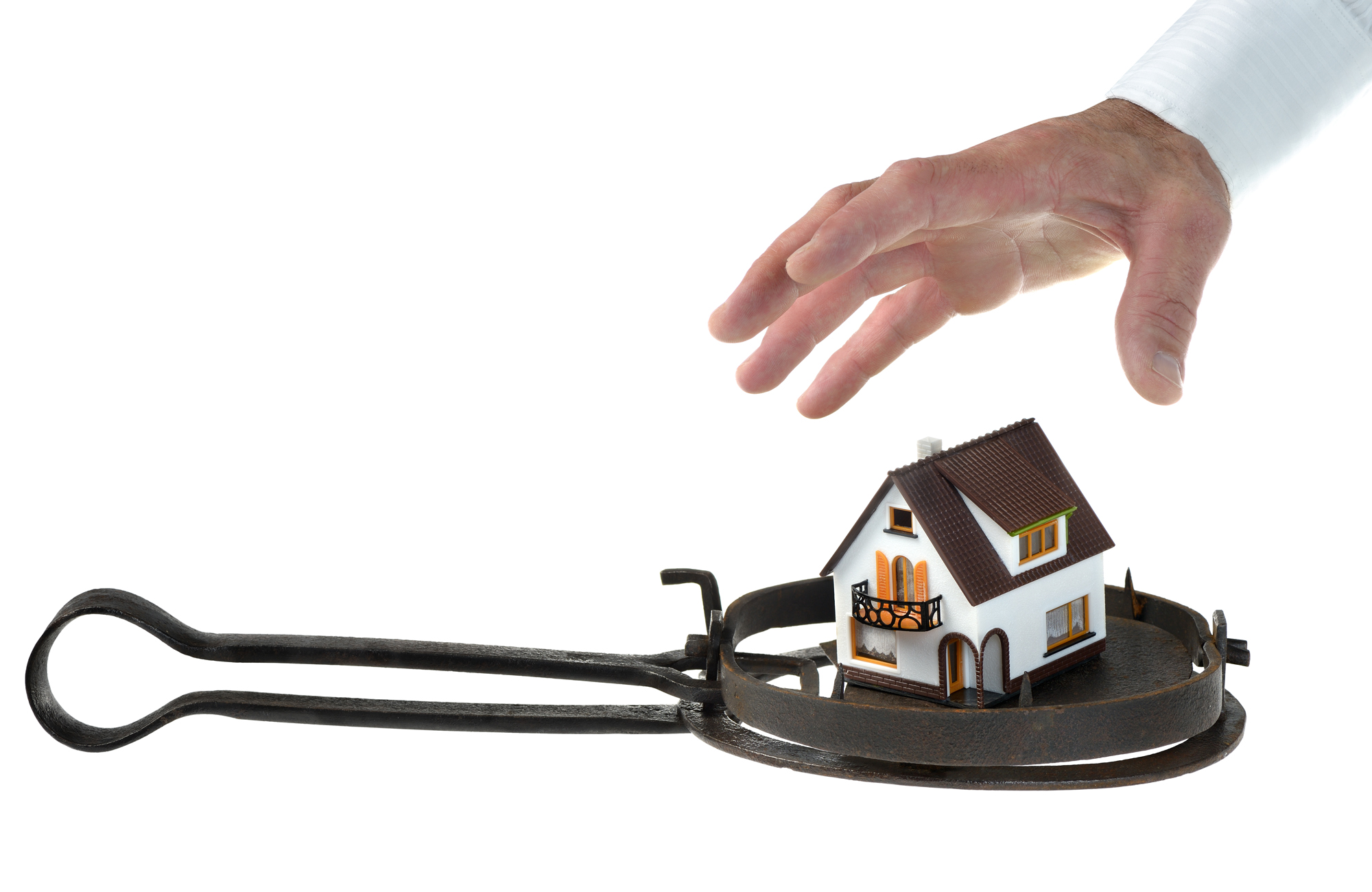Inheriting a house can be a blessing—but it comes with its own emotional challenges and responsibilities. On one hand, you’ve been given a gift; on the other, managing your inheritance can be complex, especially if you’re unfamiliar with the probate process and tax concerns. If you’ve recently inherited a house, especially if you plan on selling, you may want to know more about simplifying the probate process and your sale.

1. The probate process
Probate is the legal process through which a deceased person’s estate is settled. If you inherit a house in St. Louis, the first thing to determine is whether the property needs to go through probate. In Missouri, probate is required to validate a will, pay off debts, and distribute the remaining assets to the heirs.
Probate begins when the executor files the will with the local probate court. The executor is the person named in the will to manage the estate. The court then oversees the distribution of the estate according to the will. If there isn’t a will, the court follows Missouri law to divide the assets.
During probate, the executor has to take care of the property, pay off any debts, and make sure the assets go to the heirs. This can take anywhere from six months to more than a year, depending on how complicated the estate is. There could be delays, especially if there are disagreements between heirs or with creditors.
2. Inherited property taxes
Inheriting a house in St. Louis doesn’t always mean you’ll face big taxation, but it’s important to know what taxes could apply and plan for them.
- Inheritance tax: Missouri doesn’t have an inheritance tax, so you won’t have to pay state taxes on the property you inherit.
- Property taxes: You’ll also need to think about property taxes. Once the house is in your name, you’ll be responsible for paying them. Check with the local tax assessor’s office in St. Louis to find out what the property taxes are and make sure everything is paid up to date.
- Capital gains tax: If you sell your inherited house, you might have to pay capital gains tax. This tax is based on the difference between the property’s value when the original owner passed away and the price you sell it for, known as the stepped-up basis.
3. Transferring the deed
Once the probate process is complete, the next step is transferring the property deed into your name. This is an important step that legally recognizes you as the new owner of the house.
In Missouri, the executor will typically handle the transfer of the deed as part of the probate process. Once the court has authorized the transfer, the executor will prepare a new deed that names you as the owner. This deed must then be filed with the Recorder of Deeds in the county where the property is located.
If you inherit the property jointly with other heirs, all parties must agree on the deed transfer. If everyone agrees to sell the house, the deed will be transferred to the buyer instead.
4. Do all heirs have to agree to sell the property?
Sometimes, multiple heirs inherit a single property. If one heir wants to keep the property while others wish to sell, the deed may need to be divided, or the heir who wishes to keep the property may need to buy out the others.
If there’s a disagreement among heirs about selling the property, the situation can become complicated. In these cases, you should seek mediation or get legal advice to resolve disputes. If a resolution cannot be reached, one or more heirs may petition the court to force a sale. This could result in the property being sold at auction, often at a lower price than it would fetch on the open market.
5. How long does an executor have to sell a house?
An executor of an estate has a duty to act in the best interest of the heirs. This includes deciding whether to sell the house and, if so, when to do it. In St. Louis, there is no specific time limit for selling an inherited house, but the executor should aim to do so promptly, especially if the estate has debts to pay.
The timeline for selling the house will depend on several factors, including the condition of the property, the current real estate market in St. Louis, and whether there are any disputes among the heirs. If the house is in good condition and the market is favorable, the sale can be completed relatively quickly. However, if the property requires repairs or there are disagreements among heirs, it could take longer.
You should keep in mind that during probate, the executor may need court approval before selling the property. This can add time to the process, so it’s wise to plan ahead and keep all parties informed of any delays.
Sell your inherited house in St. Louis.
If you’re considering selling an inherited house, We Buy Ugly Houses® in St. Louis is here for you. We offer a straightforward, hassle-free way to sell your property, letting you settle your estate quickly and move forward with peace of mind. We have a 95%* customer satisfaction score nationwide from sellers who responded to our post-sale survey. Don’t take our word for it—read reviews from other home sellers. Our experienced team of real estate specialists in St. Louis is here to guide you through the process, answer any questions you have, and provide you with a fast offer that fits your needs. Get a sale with:
- No typical closing costs
- No commissions
- No hidden fees
We prioritize a fast and hassle-free process, which means our offers are generally lower than the full market value. You can even skip making any repairs or renovations, because we let you sell your house “as is.” You’ll also have the option to leave any unwanted items behind for us to take care of.
Ready to sell your inherited property in St. Louis? Reach out to We Buy Ugly Houses® today to learn more about how we can help.
This blog is for informational purposes only and should not be considered legal advice.















